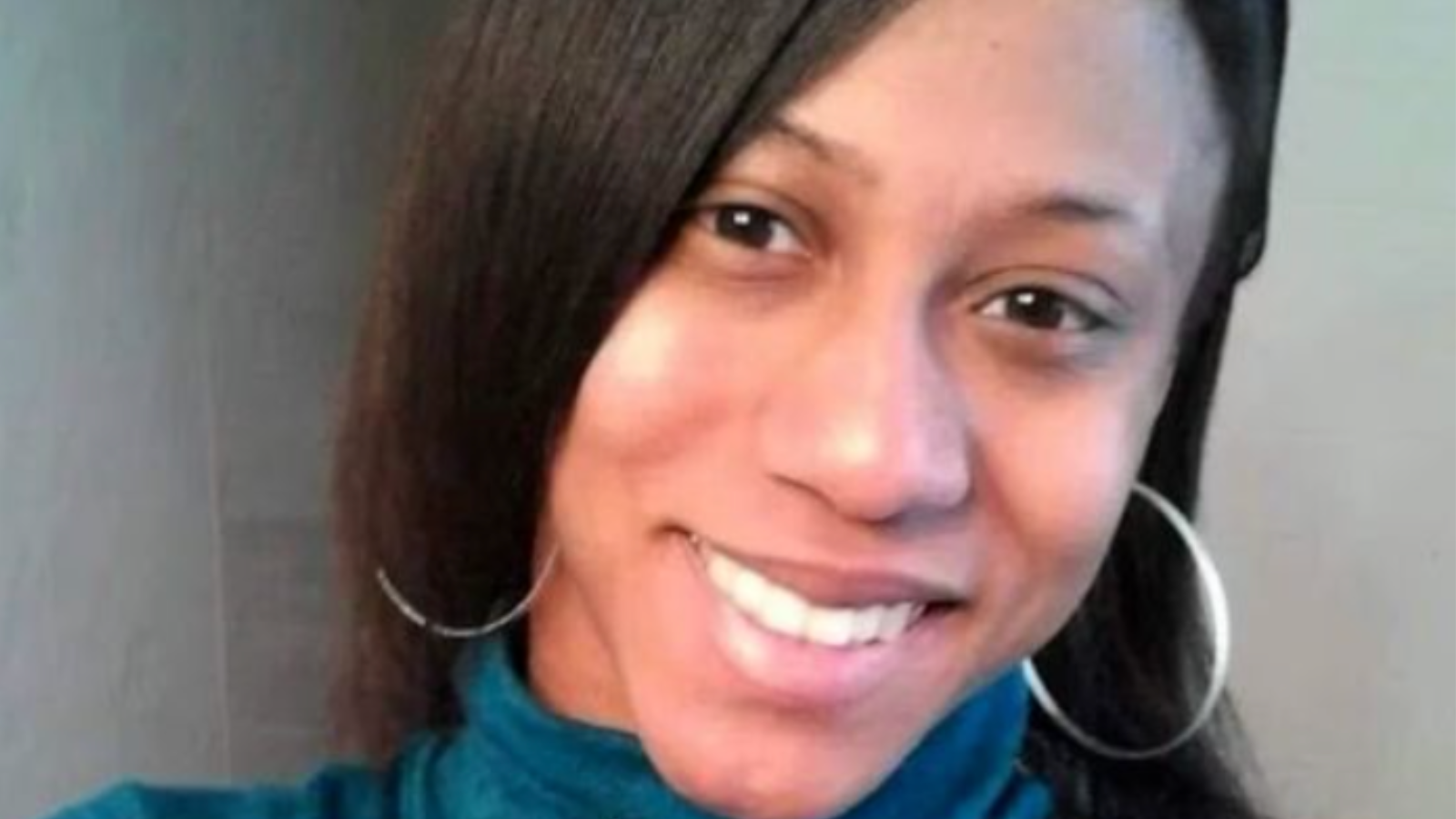In a case that garnered national attention and raised important questions about reproductive healthcare access, a grand jury in Ohio decided not to charge Brittany Watts for her handling of a home miscarriage.
RELATED STORIES: Ohio Woman Who Miscarried Baby Now Faces Criminal Charge Accusing Her Of Abusing Corpse
As previously reported, Watts, a 34-year-old woman from Warren, Ohio, faced a criminal charge after allegedly mishandling a home miscarriage. According to city prosecutors, she miscarried at 22 weeks, flushed and scooped out the toilet, and then left the house, leaving the fetus lodged in the pipes. However, an autopsy later revealed that the fetus had died in utero and showed no recent injuries.
During the court proceedings, Warren Assistant Prosecutor Lewis Guarnieri argued that the issue at hand was not how or when the fetus died but rather the fact that it was placed in the toilet and left there while Watts continued with her day. However, Watts’ attorney highlighted the lack of clear definitions in Ohio’s abuse-of-corpse statute, including the terms “human corpse” and “outrage” to reasonable family and community sensibilities. Municipal Court Judge Terry Ivanchak acknowledged the case’s complexity, stating that there are better legal scholars to determine the exact legal status of the fetus, according to the Huffington Post.
RELATED STORIES: Astroworld Victim Files Lawsuit For Suffering A Miscarriage After Concert
Watts had visited Mercy Health-St. Joseph’s Hospital, a Catholic facility, twice in the days leading up to her miscarriage. Her doctor had informed her that she was carrying a nonviable fetus and advised her to have her labor induced or face a “significant risk” of death. Due to delays and complications, she left the hospital without receiving treatment. After the miscarriage, Watts attempted to go to a hair appointment, but concerned friends redirected her to the hospital. It was then that a nurse called 911 to report a previously pregnant patient had returned to the hospital, stating the presence of the fetus in Watts’ backyard.
The decision by the grand jury not to charge Brittany Watts in this case brings an end to a contentious legal battle that sparked national attention. The case raised important questions about reproductive healthcare access and the need for clearer definitions in Ohio’s abuse-of-corpse statute.







